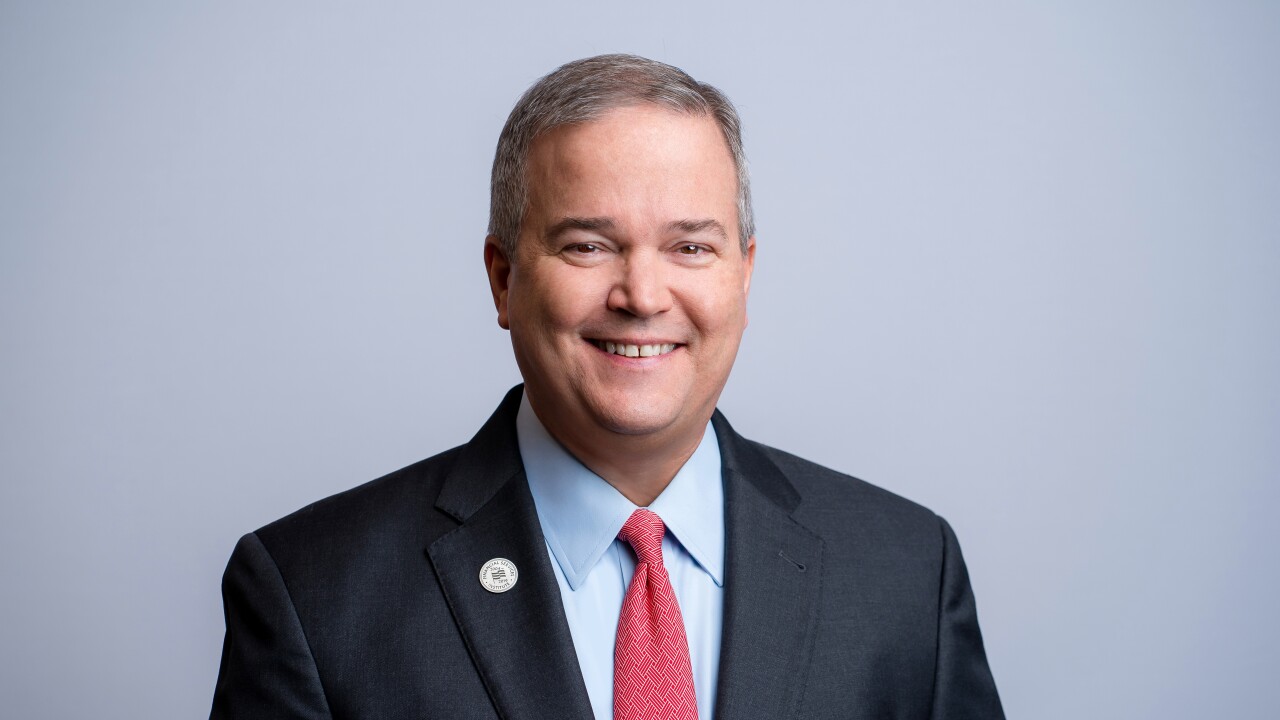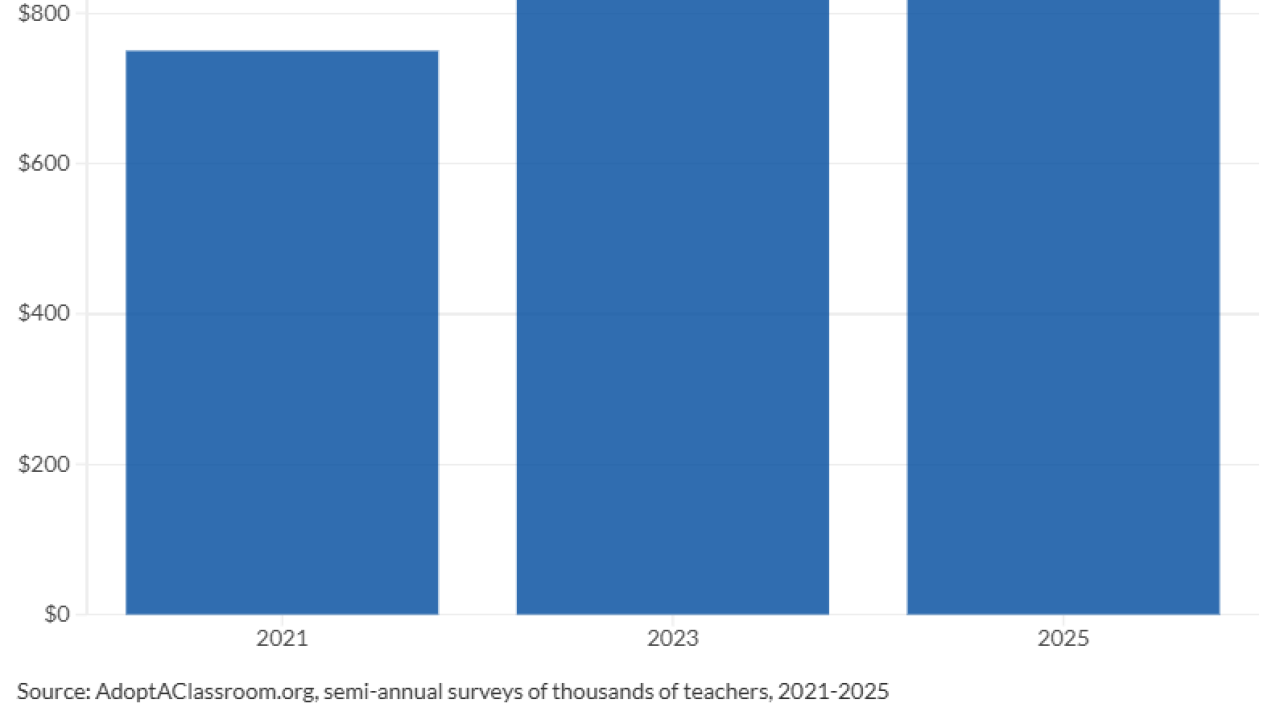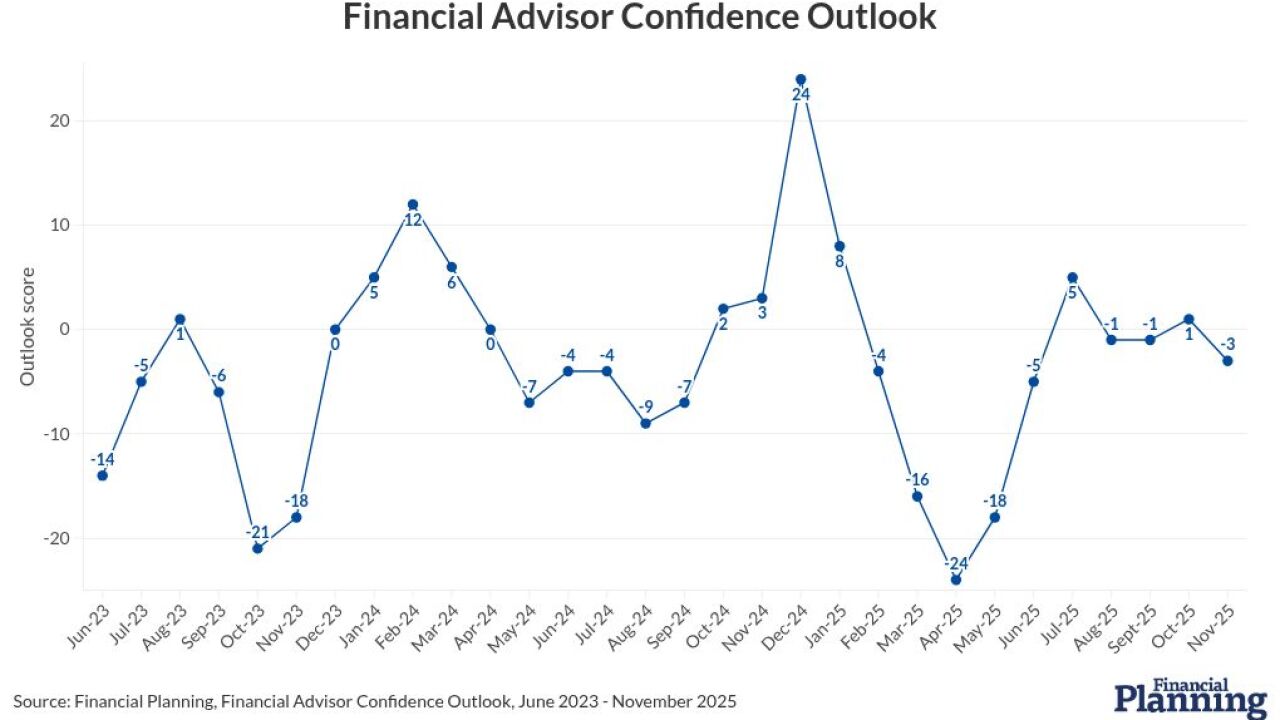(Bloomberg) -- Emerging-market stocks and currencies climbed to their highest levels in a year as reduced bets for U.S. interest-rate increases and prospects for more stimulus in Asia spurred demand for higher-yielding assets.
Chinese shares in Hong Kong rallied after a private manufacturing index unexpectedly rose to the highest level since February 2015. Turkish equities gained for a fourth day, having recovered almost half of the losses following a failed coup and government crackdown. Malaysia’s ringgit and South Korea’s won led gains in currencies. Investors added more than $2 billion to ETFs that buy emerging-market stocks and bonds last week.
Equities and currencies are extending two months of gains after a report showed U.S. gross domestic product grew at less than half the pace forecast by analysts, fueling bets that the Federal Reserve will refrain from raising interest rates. Japanese Prime Minister Shinzo Abe may unveil details of his fiscal package on Tuesday after the Bank of Japan added to its easing last week. Economists forecast borrowing costs in Australia and England will be cut further from record lows this week.
"Lower for longer is good for higher-yielding assets, such as emerging-market equities and it prevents a rising dollar," said Nathan Griffiths, who helps oversee about $1.1 billion as a senior money manager at NN Investment Partners in The Hague. "It also leads to a better growth differential for emerging markets over developed markets." Griffiths favors southeast Asian stocks including Indonesia and the Philippines.
FED ODDS
Futures signal a 36% chance of higher U.S. interest rates by year-end, down from 48% a week earlier. The first month where traders see better than even odds for an increase has been pushed back to June 2017. ETFs that buy emerging-market stocks and bonds are on a nine-week winning streak with a record $12.9 billion invested.
The MSCI Emerging Markets Index rose 1% to 882.55, its highest close since Aug. 10, as nine out of 10 industry groups advanced. Technology and telecommunications shares led the advance. The benchmark index has risen 11% this year and trades at 12.4 times the 12-month estimated earnings of its members. That compares with a 3.3% gain in the MSCI World Index which is valued at a multiple of 16.3.
"Cheap money has been supportive of asset prices in all areas, including emerging markets," said Tony Hann, the London-based head of equities at Blackfriars Asset Management, who favors stocks in India, Thailand and the Philippines.
TECH STOCKS
Samsung Electronics rose 1.9% to the highest since January 2013, and Taiwan Semiconductor Manufacturing added 2.6%, leading gains among technology companies. China Mobile Ltd. gained 2.4% in Hong Kong.
The Hang Seng China Enterprises Index of mainland companies listed in Hong Kong jumped 1.9%, the most in three weeks. The Jakarta Composite Index advanced 2.8%, rebounding from the steepest drop in five months, before data this week that’s forecast to signal a recovery in Southeast Asia’s largest economy.
Turkey’s Borsa Istanbul 100 Index gained 1.7%. Home appliance maker Arcelik AS rose to the highest since a failed coup on July 15 after the company revised upward its sales growth guidance for 2016. Markets in Dubai, Saudi Arabia and Qatar gained more than 0.6% each.
Russia’s Micex Index gained 0.1%. The Ibovespa slumped 1% in Sao Paulo.
CURRENCIES
The MSCI Emerging Markets Currency Index rose 0.3%, adding to July’s 1% gain and a 2.4% advance in June.
The ringgit climbed 1.2%. The currency’s biggest jump in four months followed a 1% slump last month that marked Asia’s worst performance. The won rose 1.1%, the most in three weeks. Turkey’s lira weakened 0.1%.
Russia’s ruble fell 1.3%, the biggest decline among 24 currencies tracked by Bloomberg, as global fuel stockpiles remained at the highest seasonal level in at least two decades. The currency dropped 3.5% in July as crude plunged more than 14%, its biggest monthly decline in a year.
The premium investors demand to own emerging-market bonds rather than U.S. Treasuries narrowed for the first time in more than a week, falling five basis points to 363, according to JPMorgan Chase indexes.
Turkish bonds reversed gains and declined, with the yield on 10-year debt rising five basis points 9.72%. Russian bonds rose for a fourth day, pushing the yield on 10-year debt to a two-week low.





